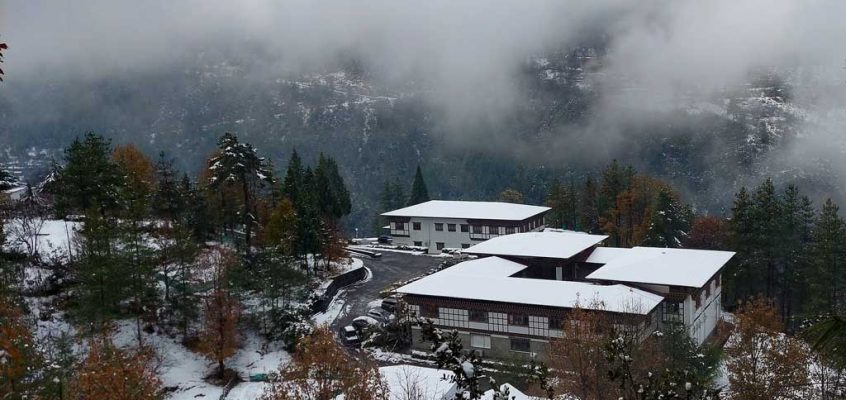Stakeholder Consultation workshop to develop a National Biodiversity Portal.
Availability and easy access to comprehensive biodiversity data and information are fundamental for decision-making, policy advice and monitoring conservation of biodiversity and the effectiveness of conservation measures. In an effort to take this idea of making biodiversity information easily accessible … Continued

